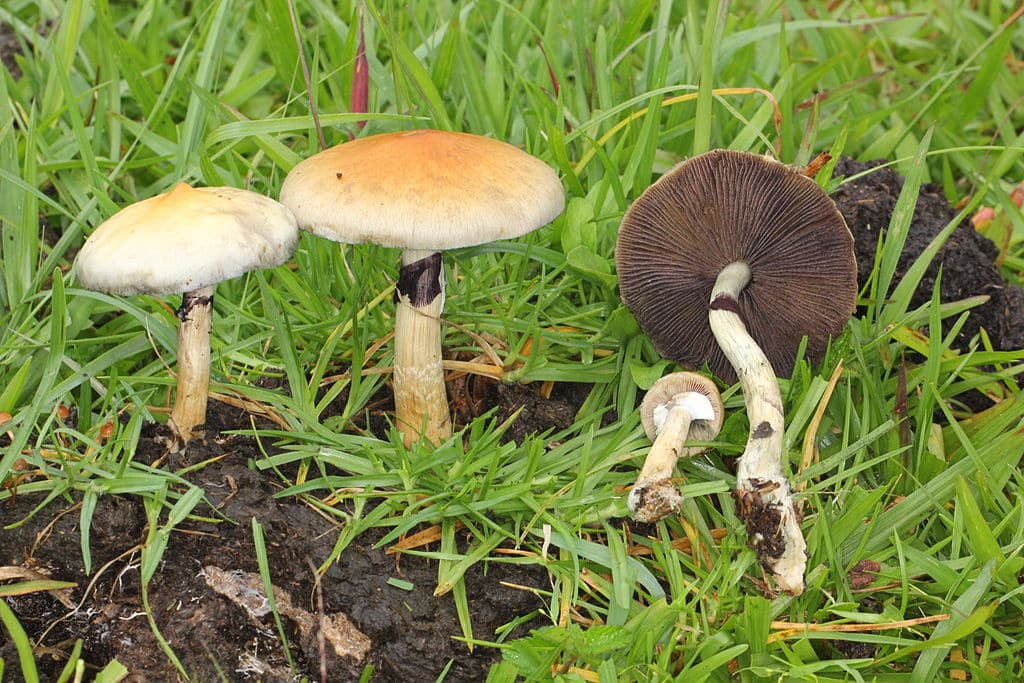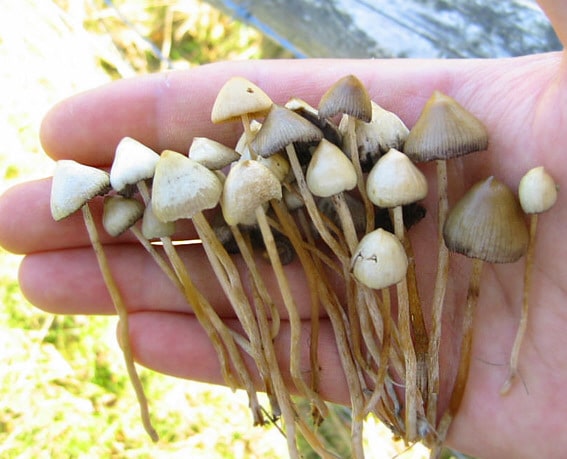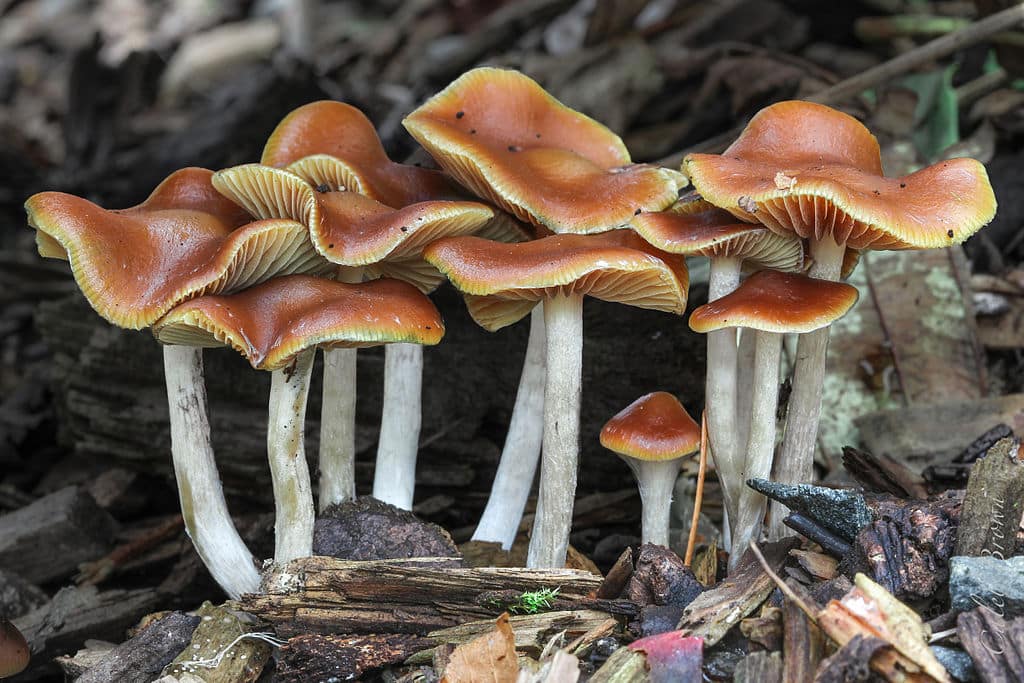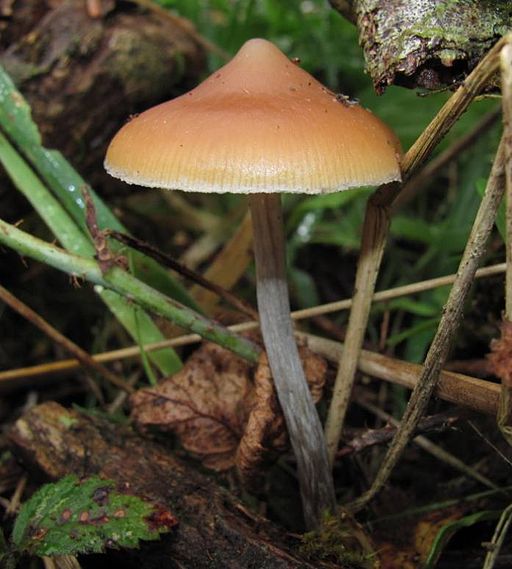How Society’s View of Psychedelics is Changing
For decades, psychedelics were stigmatized as dangerous, mind-altering substances associated with the counterculture of the 1960s. However, a new wave of research is challenging these outdated perceptions, revealing psychedelics as powerful tools for mental health and personal growth. As more people explore their therapeutic benefits, society’s view of psychedelics is shifting. This article explores the changing narrative around psychedelics, the reasons behind this transformation, and what it means for the future.
- The Origins of the Stigma
The stigma surrounding psychedelics began in the 1960s when substances like LSD became associated with the counterculture movement. Government efforts to suppress this movement resulted in the criminalization of psychedelics and the promotion of misinformation.
- The War on Drugs: Psychedelics were lumped together with dangerous drugs like heroin and cocaine during the War on Drugs. This led to decades of legal restrictions and negative public perception.
- Misinformation: Fear-mongering and misinformation about psychedelics, including claims that they caused permanent mental illness or even death, further cemented their negative image.
- The Psychedelic Renaissance
In recent years, we’ve witnessed a resurgence in interest in psychedelics, often referred to as the “psychedelic renaissance.” Researchers, therapists, and individuals alike are rediscovering the potential of these substances for healing and personal growth.
- Groundbreaking Research: Studies from prestigious institutions like Johns Hopkins University and Imperial College London have shown that psychedelics can be effective treatments for conditions like depression, anxiety, and PTSD.
- Cultural Shifts: Public figures, including authors, scientists, and celebrities, are openly discussing their positive experiences with psychedelics, further shifting the narrative.
- Psychedelics in the Mainstream Media
The changing narrative around psychedelics has been reflected in the media, with documentaries, books, and podcasts shedding light on their potential benefits.
- Documentaries: Films like Fantastic Fungi and How to Change Your Mind have educated the public about the science behind psychedelics and their potential for healing.
- Celebrity Endorsements: Influential figures, from Silicon Valley entrepreneurs to Hollywood stars, have spoken about how psychedelics helped them with creativity, problem-solving, and mental health.
- Legalization and Decriminalization Movements
A significant factor in the changing perception of psychedelics is the push for decriminalization and legalization in many parts of the world. Cities like Denver and Oakland have decriminalContinuing Article 5: Breaking the Stigma: How Society’s View of Psychedelics is Changing
- Legalization and Decriminalization Movements (Continued)
A significant factor in changing public perception is the movement for the decriminalization and legalization of psychedelics. In cities like Denver, Oakland, and even states like Oregon, laws are being relaxed, allowing for the therapeutic use of substances like psilocybin. This shift is driven by mounting evidence of their therapeutic potential and a growing public demand for alternative treatments for mental health conditions.
- Oregon’s Psilocybin Initiative: In 2020, Oregon became the first state to legalize psilocybin for therapeutic use. This marked a major milestone in the acceptance of psychedelics and signaled a broader societal shift toward more progressive drug policies.
- Decriminalization vs. Legalization: Decriminalization involves removing criminal penalties for possession of small amounts of psychedelics, while legalization goes further by allowing regulated, supervised use in therapeutic settings. Both approaches aim to reduce stigma and improve access to these potentially life-changing treatments.
- The Role of Research in Shifting Perceptions
Scientific research has been instrumental in changing public views on psychedelics. Studies from top universities have provided compelling evidence of psychedelics’ efficacy in treating mental health disorders, leading to a reconsideration of their therapeutic potential.
- Psilocybin for Depression: Research conducted at Johns Hopkins University and Imperial College London has shown that psilocybin can significantly alleviate symptoms of treatment-resistant depression, sometimes after just one session.
- MDMA for PTSD: Clinical trials have demonstrated the efficacy of MDMA-assisted therapy for individuals suffering from PTSD, leading the FDA to designate MDMA as a “breakthrough therapy” for the condition.
- Psychedelics and Personal Growth
Beyond their potential for treating mental health conditions, many individuals are turning to psychedelics for personal growth and self-improvement. The altered states of consciousness facilitated by these substances can foster deep introspection, emotional healing, and enhanced creativity.
- Spiritual Experiences: For some, psychedelics provide a profound sense of spiritual connection and a newfound appreciation for life. These experiences often leave lasting positive impacts on individuals, helping them break free from negative thought patterns.
- Creative Breakthroughs: Many users report enhanced creativity and problem-solving abilities during and after psychedelic experiences. This has attracted the attention of professionals in creative fields, particularly in technology and art.
- Overcoming the Remaining Stigma
Despite the progress made, stigma surrounding psychedelics persists, particularly in more conservative regions and among those unfamiliar with the latest research. Overcoming this stigma requires continued public education, legislative reform, and a greater focus on responsible use.
- Education and Advocacy: As more people become educated about the therapeutic benefits of psychedelics, the stigma will continue to decrease. Advocates and organizations like MAPS (Multidisciplinary Association for Psychedelic Studies) play a key role in disseminating accurate information and pushing for legal reform.
- Responsible Use: Promoting responsible use and safe, guided experiences will help reduce the risks associated with psychedelics and foster a more balanced public perception.
Conclusion
The stigma surrounding psychedelics is gradually fading, thanks to scientific research, cultural shifts, and ongoing legalization movements. As more people discover the therapeutic and personal growth potential of psychedelics, society is beginning to embrace these substances as valuable tools for healing and self-improvement. However, continued efforts in education, research, and responsible use are essential for fully breaking the stigma and unlocking the potential of psychedelics for future generations.







